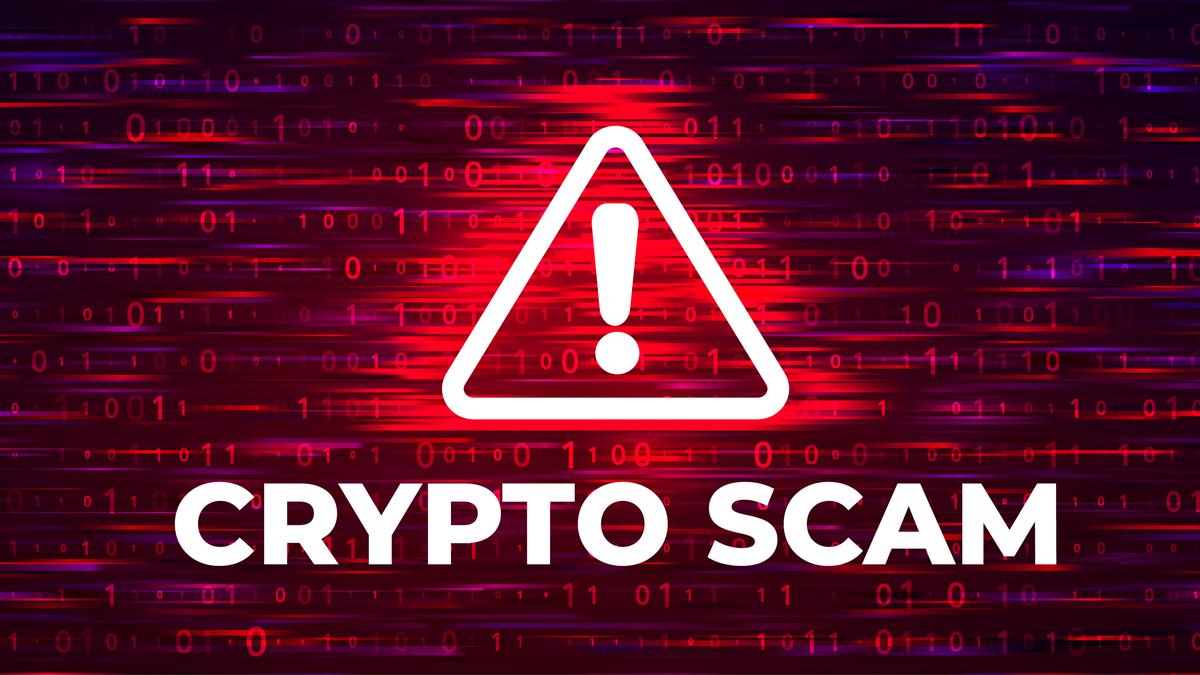@JUDGMENTTAG-ORDER
N.K. Sodhi, J.@mdashWe have heard the learned Counsel for the parties. Since the matter herein already stands decided in favour of the assessee and against the Department in CEC 173 of 2002, it will not serve any useful purpose in remitting the case back to the Tribunal with a direction to refer the question of law which according to us arises from the order of the Tribunal. The question which arises from the order of Tribunal already stands answered by this Court in favour of assessee in the aforesaid case. The question of law which arises in the case is whether the Tribunal was right in holding that the benefit of Modvat credit could not be granted to the assessee on the ground that supplier of inputs had failed to pay excise duty when the assessee was entitled to the said credit in terms of Notification No. 58/97.
2. Brief facts giving rise to this petition can be noticed. M/s. Vikas Pipes, Dirba is engaged in the manufacture of pipes and tubes falling under subheading 7306.90 of Central Excise Tariff Act, 1985. It is purchasing the inputs from M/s. Rathi Steels, Amloh Road, Mandi Gobindgarh (for short suppliers). The suppliers are engaged in the manufacturing of flat bars and are working under Compound Levy Scheme u/s 3A of the Central Excise Act, 1944. When the inputs were purchased by M/s. Vikas Pipes, the supplier issued the invoices certifying therein that it had discharged its liability in regard to the payment of excise duty. When the invoices were sent for verification, it transpired that the supplier had not discharged the due liability fixed u/s 3A of the aforesaid Act. In this view of the matter, the adjudicating authority disallowed deemed Modvat credit amounting to Rs. 1,73/669/- to the assessee. That order was upheld by the Commissioner in appeal. Same view was taken by the Tribunal holding that since the assessee had failed to produce any evidence to show that the suppliers had discharged their due liability, the assessee was not entitled to deemed Modvat credit. It is against this order of the Tribunal that the assessee had filed the present petition u/s 35H(1) of Central Excise Act, 1944, seeking a mandamus directing the Tribunal to prepare the statement of the case and refer the aforesaid question of law to this Court for its opinion. As already observed, this question stands answered in favour of the assessee and against the Department by order dated 20-1-2003, passed in CEC 173 of 2002, wherein this Court held as under :-
"Deemed Modvat credit had been claimed by the assessee but the same was disallowed by the adjudicating authority solely on the ground that a certificate from the jurisdictional Range Officer showing that the inputs had suffered excise duty had not been produced. This order was upheld by the Commissioner in Appeal. Feeling aggrieved by the disallowance, the assessee filed an appeal before the Tribunal which has reversed the order of the Commissioner and held that there is no requirement of law that an assessee in order to claim the benefit has to produce the aforesaid certificate. Deemed Modvat credit was being claimed in terms of the Notification No. 58/97, dated 30-8-1997. We have gone through this notification and find that the only requirement is that the assessee should produce the invoices covering the goods in which the manufacturer should give a declaration that the inputs had suffered excise duty. It is not in dispute that such a declaration had been furnished by the assessee. In this view of the matter, the Tribunal was right in reversing the order of the Commissioner. Since there is no requirement in notification that the certificate from the jurisdictional Range Officer had to be produced, we find no ground to issue the mandamus prayed for."
3. In that case the Tribunal had taken a contrary view and this Court had upheld the same holding that the deemed Modvat credit can be claimed in terms of Notification No. 58/97 and that the only requirement of the notification is that the assessee should produce the invoices covering the goods in which the manufacturer should give a declaration that the manufacturer had suffered excise duty. In the case before us the show cause notice issued to the assessee itself points out that the suppliers have been declaring on these invoices that the inputs suffered excise duty but the Tribunal obviously went wrong in holding that since excise duty had in fact not been paid by the supplier the assessee was not entitled to claim Modvat benefit. Since there is no requirement in the notification that the assessee has to lead evidence to show that the supplier had discharged its excise duty liability, we are clearly of the view that the Tribunal was in error in disallowing the Modvat credit to the assessee. Consequently, the aforesaid question which arises from the order of Tribunal is answered in favour of the assessee and against the Department holding that the assessee in the circumstances of the present case is entitled to the benefit of Modvat credit. The petition stands disposed of as above.

